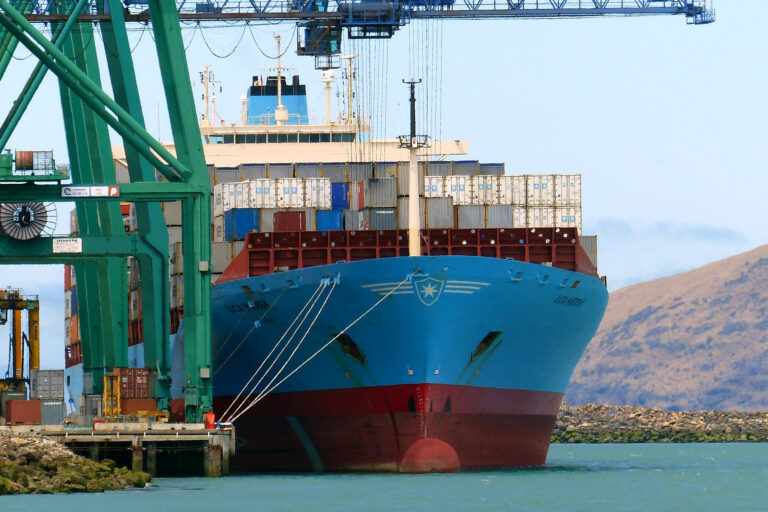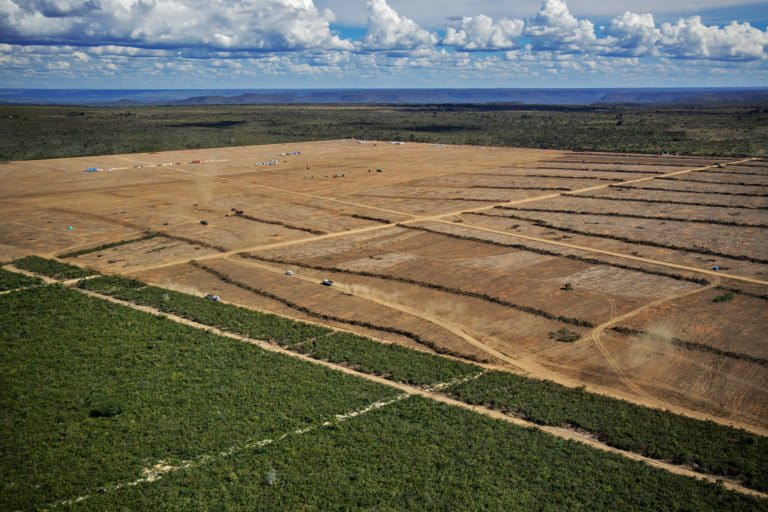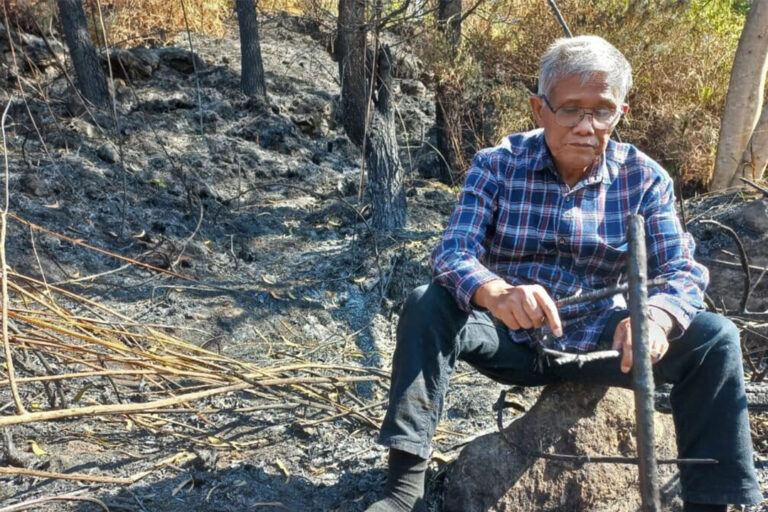In Poznan, France pushes initiative to save rainforests
mongabay.com
December 8, 2008
As talks for incorporating forest conservation into an international climate treaty stall in Poznan, Poland due to technical debates, The European Union Council, under France’s leadership, has proposed aggressive EU legislation to address deforestation and forest degradation. The EU council conclusions of December 4, recommend the inclusion of forestry projects in government compliance targets, the establishment of a Global Forest Carbon Mechanism (GFCM) and potential inclusion of forestry projects in the E.U.’s emissions trading scheme (ETS) after 2012.
France, which holds the rotating EU presidency, is supporting a proposal to include emissions reduction from deforestation and forest degradation in E.U. efforts to meet reduction targets, including possible inclusion in compliance markets post-2012 provided the mechanism adheres to strict standards of effective, transparent governance, respecting rights and equitable compensation of forest-dependent peoples, and co-benefits of REDD such as biodiversity protection and poverty alleviation. The proposal recommends investment in forest protection efforts before 2012 and calls for study to create the GFCM and to possibly include forestry in the E.U. ETS, according to Dr. Fred Boltz, Vice-President of Conservation International, who has reviewed the document.

|
“The government of France and the EU are again demonstrating their commitment to lead the global community in aggressively tackling climate change with this proposal,” said Boltz from Poznan. “The EU has been a leader in developing policies and markets to mitigate climate change. This would be an important step in moving dialogue about forest-based solutions to real economic incentives and actions. Without forests in the solution, it will be impossible to avoid increases in atmospheric CO2 concentration that will put the Earth in jeopardy of catastrophic climate impacts.”
Discussions in Poznan on the so-called REDD mechanism have been beset by methodological issues and concerns among some activists that the scheme would displace forest-dependent people from their lands. Supporters of the mechanism say REDD — which could send $10-25 billion per year to developing countries — could be a tool for alleviating rural poverty through sustainable development while slowing biodiversity loss and protecting forest ecosystems.
“This is not merely about forests; it is about people,” said Boltz. “Climate change and conservation are human issues requiring urgent solutions. Under commitments by governments, donors, indigenous peoples and local communities, and NGOs to reducing emissions from deforestation and degradation (REDD), we have an opportunity to help resolve the economic and social inequities that are leading to massive deforestation, vulnerable local communities, poverty, biodiversity extinction, and climate change. We hope the rest of the world will follow France’s ambitious effort to address the magnitude and complexity of the climate challenge. Our generation must take bold, visionary actions.”
Deforestation and forest degradation is the second largest source of anthropogenic emissions, accounting for some 20 percent of global greenhouse gas emissions, a larger share than all the world’s cars, trucks, airplanes, and ships combined.
The Poznan conference runs through December 12. Next year’s meeting in Copenhagen, Denmark, will lay out the successor to the 1997 Kyoto Protocol.
Related articles
Little progress on avoided deforestation at climate meeting in Poland — 12/05/2008
Climate talks in Poland are failing to make progress on a proposed mechanism to reduce greenhouse gas emissions from deforestation, reports a forest policy group from the negotiations.
WWF criticizes Brazil’s plan to cut Amazon deforestation — 12/04/2008
WWF criticized Brazil’s plan to reduce Amazon deforestation to 5,740 square kilometers per year as being “short on ambition and detail”. In a statement issued Wednesday, WWF said that Brazil’s proposed fund for conserving the Amazon would still result in the annual loss of an area forest the size of Rhode Island.
EU says emissions trading system may fund forest conservation — 10/17/2008
Europe’s carbon trading scheme may be used to generate funds to fight deforestation, reports Reuters. Speaking at a news conference on Friday, EU Environment Commissioner Stavros Dimas said he hoped the EU’s emissions trading scheme could reduce gross tropical deforestation by half by 2020 and eliminate net forest loss by 2030.














